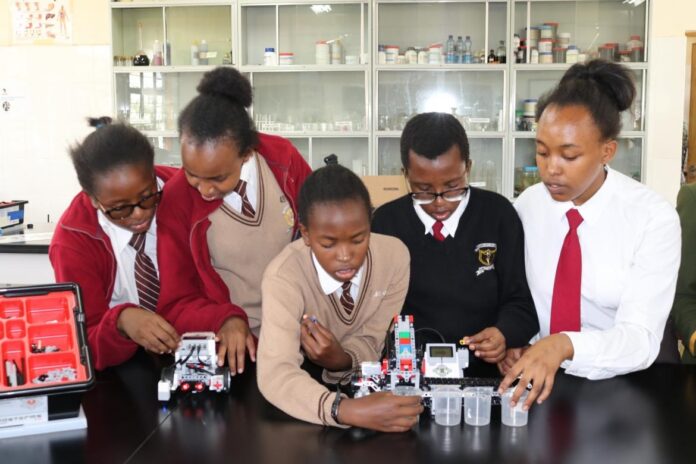The trajectory of scientific development in Africa has witnessed significant growth over the past two decades, as evidenced by a fivefold increase in scientific publications involving at least one African country. However, the disparities within the continent are glaring, with most nations contributing less than 2% to the total publications. South Africa remains the sole African nation among the top 50 countries in the 2023 Nature Index annual tables. The author explores the challenges and potential of the recently announced AU-EU Innovation Agenda in addressing power imbalances in science and innovation.
Investment Disparities
Despite the African Union’s vision of allocating 1% of GDP to research and development, only Egypt has achieved this benchmark in recent years. Limited local investment has compelled African scientists to heavily rely on international collaborations for funding and career opportunities, with many researchers collaborating with European counterparts. The study emphasizes the need for meaningful investment to drive real progress in addressing these imbalances.
The AU-EU Innovation Agenda
Announced in July, the AU–EU Innovation Agenda aims to enhance the innovative capacities of European and African researchers. However, the author underscores the importance of rebalancing partnerships, addressing historical inequities, and ensuring accountability on both sides for the agenda to make a substantial difference in African research.
Promises and Pitfalls
The agenda focuses on four priority areas for research collaboration: public health, green transition, innovation, and technology. While the potential for two-way knowledge exchange is acknowledged, concerns arise regarding the involvement of African scientists in setting the agenda. Calls for prioritizing the entire African academic and industrial landscape over elite institutions are highlighted.
Funding Challenges
A call for dedicated investment in the form of an Africa–EU science fund is emphasized, with the aim of supporting research collaboration between African and European researchers. Challenges related to the timeline for fund implementation, given the next EU research program in 2028, are acknowledged.
Existing Initiatives
Existing initiatives, such as ARISE (African Research Initiative for Scientific Excellence), are recognized for providing research grants and fostering collaborations between African and European institutions. However, governance and coordination challenges, exemplified by the 2021 crisis involving major donors, underscore the need for improved mechanisms for ensuring transparency and accountability.
Equitable Collaboration
The author stresses the need for live documentation of EU-AU research collaboration grants on a public website to ensure transparency and accountability. Issues of equity in global north-south collaborations are highlighted, with calls for a shift in Africa’s focus from local problems to generating scientific knowledge for global impact.
The Role of China
The author briefly mentions China’s increasing scientific links with African countries and the potential benefits and risks associated with such collaborations. Some researchers welcome China’s approach, while others express concerns about dependence on external powers.
Conclusion: While the AU-EU Innovation Agenda holds promise, the author emphasizes the importance of addressing funding challenges, ensuring equitable collaboration, and prioritizing domestic research and development to empower African scientists. The need for Africa to generate scientific knowledge for the world is underscored as a critical step in rebalancing the global science ecosystem.
















 The African Research (AR) Index is a comprehensive scholarly directory and database focused explicitly on journal publishers that publish and disseminate African research.
The African Research (AR) Index is a comprehensive scholarly directory and database focused explicitly on journal publishers that publish and disseminate African research.

